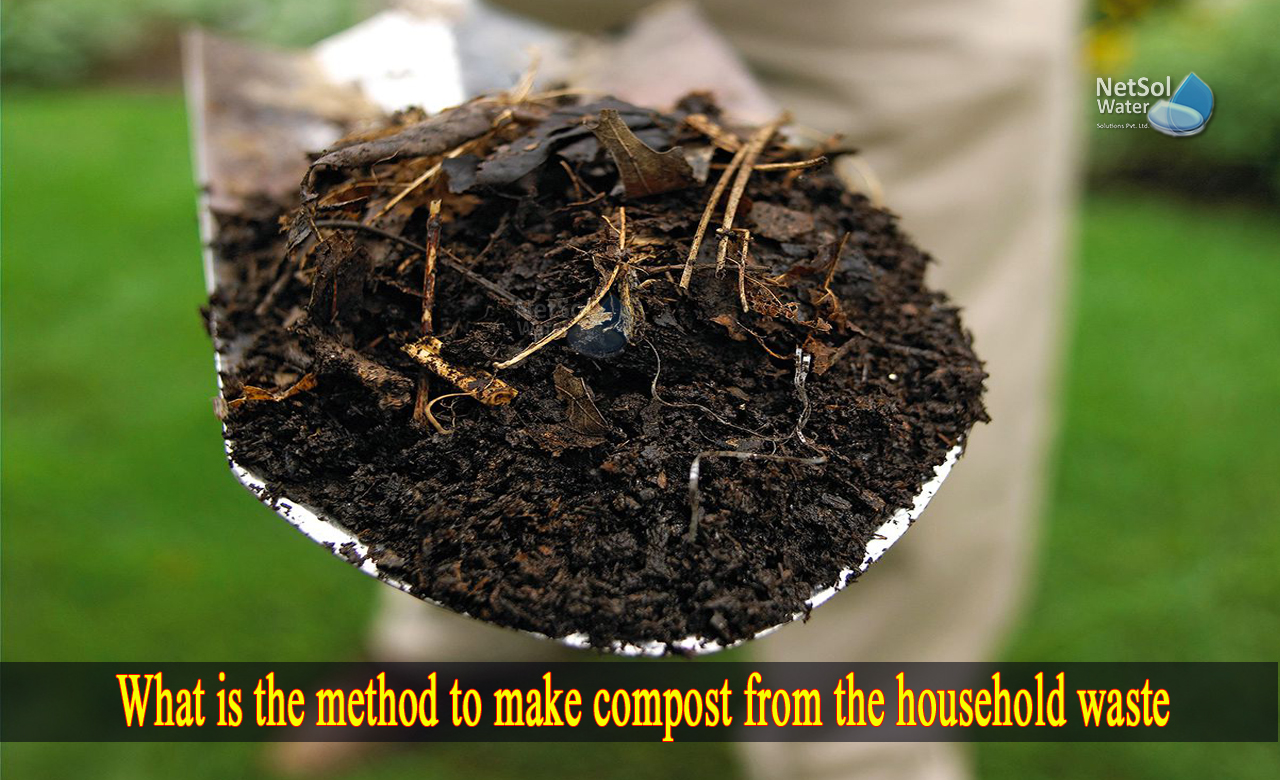Waste separation at the source in households
Segregation of waste at source is a method of separating and organizing waste before sending it to landfills so that it can be processed as efficiently as possible.
Why should waste be separated at the source?
According to a MoHUA research, organic biodegradable matter accounts for 30 to 55% of municipal solid waste.In addition, inert matter accounts for 40 to 55% of the total, with recyclables accounting for 5 to 15%.When you consider these figures, you'll see that there's a significant amount of MSW that can be kept out of landfills.As a result, it's critical to separate your waste at the source.
Different waste segregation
1: Waste that is organic or biodegradable
2: Dry waste including plastic, paper, metal, and wood
3: Household hazardous waste including diapers, napkins, mosquito repellents and cleaning products
In this article, we'll show you how to properly segregate your waste in households!
Why is composting one of the best methods for waste management?
Composting provides a strong argument for being adopted as a basic decentralized waste management approach because majority of municipal solid waste is organic biodegradable stuff.
It also has number of advantages which include:
1: It is made from organic waste that would otherwise have ended up in landfills. This reduces methane (CH4) emissions, which are the second most prevalent GHG and account for a whopping 20% of global GHG emissions.
2: The resulting compost aids in the replenishment of critical nutrients in the earth, allowing it to better support plant growth as plants use CO2, the most released GHG, to generate food.
What is the method to make compost from the household waste?
Composting home waste needs some knowledge and work.To begin composting is the process of decomposing organic matter (food waste) in the presence of air and water. Microorganisms and small insects found in nature aid in the breakdown of organic substances.
Composting organisms require four conditions to break down organic materials into compost:
1. Brown organic matter, i.e. carbon-rich organic materials like dried leaves, sawdust, paper, and so on.
2. Green organic matter, which is nitrogen-rich organic matter like fruit and vegetable waste, coffee grounds, and so on.
3. Oxygen obtained from the atmosphere.
4. Adequate amounts of water.
What is the modern method to make compost from the household waste?
You can choose Netsol’s Domestic Food waste recyclers if you live in a society that fosters and values decentralized waste management.
The following are the key features of our Food Recycler:
1. Capacity possibilities in a variety of sizes: Our Food waste recyclers come in a variety of sizes, ranging from 25 KG to 1000 KG.So whether you're a tiny community or a large one, we've got you.
2. Composting in a flash:Within 24 hours, our recyclers turn your organic waste into fertilizer. This way, you won't have to bother about storing waste on a regular basis.
3. Structure that is enclosed:With an enclosed construction, you can be rest assured that your pile will not stink.
4. Machine that is fully automated:Except for loading and unloading, there are no manual processes involved in the waste to compost process.
Netsol Water Domestic Food Waste Recyclers’ have already been deployed in a number of significant locations, where they are assisting in the transition to a more sustainable future.
Netsol Water is Greater Noida-based leading water & wastewater treatment plant manufacturer. We are industry's most demanding company based on client review and work quality. We are known as best commercial RO plant manufacturers, industrial RO plant manufacturer, sewage treatment plant manufacturer, Water Softener Plant Manufacturers and effluent treatment plant manufacturers. Apart from this 24x7 customer support is our USP. Call on +91-9650608473, or write us at enquiry@netsolwater.com for any support, inquiry or product-purchase related query.



